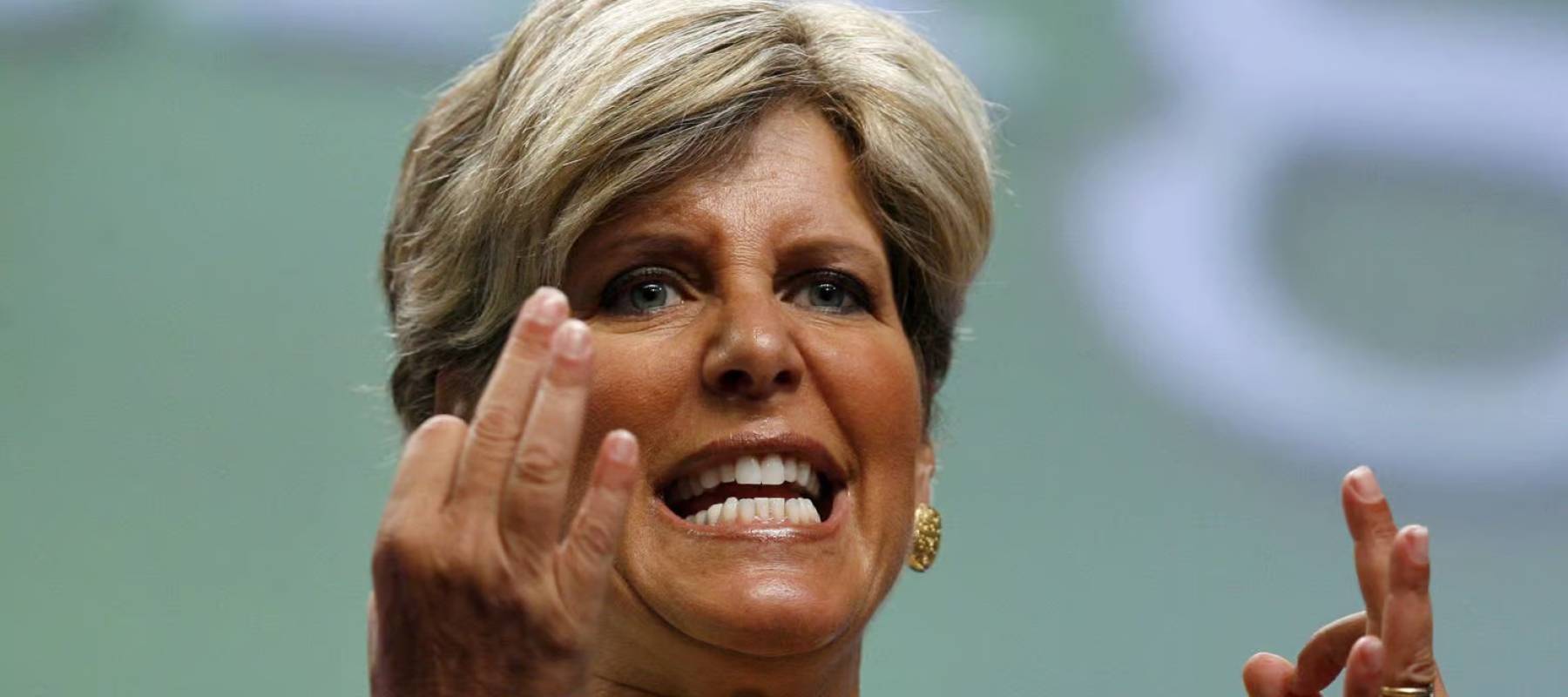How to save for a down payment in Canada
With mortgage interest rates slowly coming down—you may feel the time is right to get into the housing market. Here's how you can start saving for a down payment on your dream home.
8 top tips for saving for a down payment
Follow our expert tips to strengthen your money saving skills and watch your down payment accumulate in no time!
1. Start saving big
There’s a lot of chatter in personal finance circles about cutting spending on lattes and avocado toast, but that’s a drop in the bucket compared to your monthly housing and transportation costs. If you can get these big expenses right—for example, by living in a less expensive part of town, buying a more affordable car or, if you and your partner each have a vehicle, selling one—you could save hundreds or even thousands of dollars every month on rent, car payments, insurance, maintenance, gas and parking. Generally speaking, you should aim to spend no more than 30% of your monthly gross income on housing.
2. Get rid of silly expenses
Keep track of your spending for three months and look for recurring expenses that you can cut without too much distress. No-brainers include memberships or subscription services that you hope to use but never do. If utilities aren’t included in your rent, review your monthly utility bills with an eye to waste. Perhaps you could cut the cord on your cable or landline? At the very least call your provider and find out if you can get a preferred rate; many will offer deals rather than risk losing your business.
If you’re struggling to cut your spending, get a budgeting app pronto. A budgeting app like You Need A Budget (YNAB) can help track your cash flow, balance your income and expenses, and prioritize financial goals like saving for a down payment. On average, new YNAB users save roughly $600 by month two and more than $6,000 their first year – a hefty sum that you can squirrel away towards buying your future home.
Be sure to track and transfer all these savings to a separate account, as explained below, or else you’re likely to spend that money elsewhere instead of earmarking it for your down payment.
3. Pay yourself first
Most people budget for all their spending first and handle savings as an afterthought. But it’s smarter to treat savings as a vital non-discretionary cost—say, like rent—and budget your spending with whatever’s left over. This is called “paying yourself first.”
That means opening a designated savings or investing account specifically for your down payment and scheduling automated monthly bank transfers to it from your chequing account the following payday. If you still come up short at the end of the month after eliminating unnecessary expenses and making lifestyle changes, the next step is to look for ways to supplement your income (more on that later).
4. Maximize interest and investment income
Now that you’ve redirected your budget savings, surplus earnings, and former debt payments to a special down payment fund, be sure to get that money growing in the right savings or investment account.
If you think you’ll meet your savings goal and purchase a house within the next year or two, stick with guaranteed interest-bearing financial products such as a high-interest savings account or GICs, so you won’t have to cash out investments at a loss if the market dips right when you need the money.
Either way, you’ll save hundreds or thousands of dollars in fees each year, depending on the size of your account.
5. Tap into additional cashflow sources
Even casual employment, such as babysitting, dog walking, blogging or house sitting can help your nest egg grow faster. If you have items of value that you’re not using, try selling them to bring in extra income. To earn some fast cash on everyday spends, get a cash back credit card and sock away the savings. File any outstanding income tax returns to claim all the personal credits you may be eligible for, including the GST/HST credit, Climate Action Credit (in some provinces) and Canada Child Benefit. Finally, submit or follow up on any health or other insurance claims you might have overlooked or been too busy to handle.
There are also some easy (and ingenious!) ways to make money online. For instance, Ampli (now Avion Rewards) is a cash back app that gives you cash back whenever you make a purchase at a participating retail partner. All you have to do is install Ampli onto your phone, link your credit and debit cards, and then make qualifying purchases at eligible retailers. Every time you spend money online or in-store at one of Ampli’s partners, you’ll automatically get money back.
Remember: all these funds should be transferred to your separate down payment account; don’t even think about spending this newfound cash! The same goes for any other lump sums you receive, including workplace bonuses, paid overtime, tax refunds, or monetary gifts.
6. Pay off high-interest debt
Typically, this means credit card debt, with annual interest rates on Canadian credit cards often around 20%. Once the debt is paid, channel those monthly payments into your designated savings or investment account. To help you pay off your credit card faster, consider switching to one of the Best Balance Transfer Credit Cards in Canada, which often have introductory interest rates as low as 0%.
7. Shelter interest and investment earnings from the “taxman”
All sources of income, including interest payments and investment gains, are taxable in the eyes of the government. But there’s a loophole: if those savings or investments are inside a registered account, such as a TFSA or RRSP, you can avoid or defer tax payments on the income they generate.
Also, on April 1, 2023, the government of Canada gave us a new "registered" account called the First Home Savings Account (FHSA). Contributions to this account are tax deductible.
BMO, CIBC, Desjardins, EQ Bank, Qtrade, Saven Financial, and Scotiabank offer FHSAs right now with more sure to come. If you're earning anything less than 5% in these accounts, consider switching providers.
Tax-Free Savings Accounts are ideal tax shelters for down payment savings since you can withdraw as much as you want, tax-free, at any time without penalty. The total cumulative TFSA contribution room for those who were 18 or older in 2009 (when the TFSA was introduced) is now a generous $69,500. Just make sure to look for the best TFSA rates.
Contributing to a Registered Retirement Savings Plan can also be helpful when saving for a down payment. Your contributions will not only lower your taxable income, freeing up even more tax dollars that you can put toward your down payment, but you may also be able to access some of those RRSP savings (without penalty) to purchase a home, as explained below.
A reminder: you can hold an RRSP or TFSA in a savings or investing account. But to supercharge your savings, we recommend opening an investing account with a robo-advisor like Wealthsimple or an online brokerage like Questrade. Given that a balanced index ETF portfolio could snag you 7-8% annually, why not shelter those savings?
Find the lowest mortgage rates with Homewise8. Borrow from your RRSP
If you are a first-time homebuyer, you can withdraw up to $35,000 from an RRSP account tax-free under the Home Buyers’ Plan. (If you’re buying a home with a partner or spouse, each of you can withdraw that sum from your respective RRSPs, for a total of $70,000). The catch? You have to repay the full amount to your RRSPs within 15 years. One caveat: any RRSP contributions made during the 90-day period before withdrawal are not eligible for the HBP—so be sure to plan ahead.
Start saving for your dream home in today
Saving for a down payment on a house is one of the biggest financial tasks you can undertake. But with a well-thought-out plan that automatically channels your savings into one of Canada’s best high-interest savings accounts, or a registered low-fee investment account, you’ll watch your money grow and be well on your way to making your homeownership dreams a reality.

Tamar Satov is an award-winning journalist specializing in the areas of personal finance and parenting. Her work has appeared in Canadian Living, The Globe and Mail, Today’s Parent, Parents Canada, Walmart Live Better and many other consumer magazines and websites.
Compare the best mortgage rates
Explore great mortgage guides
Explore great mortgage guides
Disclaimer
The content provided on Money.ca is information to help users become financially literate. It is neither tax nor legal advice, is not intended to be relied upon as a forecast, research or investment advice, and is not a recommendation, offer or solicitation to buy or sell any securities or to adopt any investment strategy. Tax, investment and all other decisions should be made, as appropriate, only with guidance from a qualified professional. We make no representation or warranty of any kind, either express or implied, with respect to the data provided, the timeliness thereof, the results to be obtained by the use thereof or any other matter. Advertisers are not responsible for the content of this site, including any editorials or reviews that may appear on this site. For complete and current information on any advertiser product, please visit their website.





